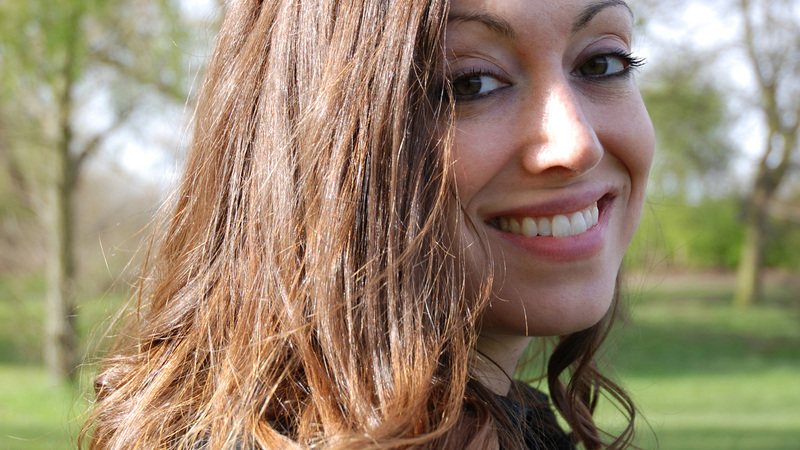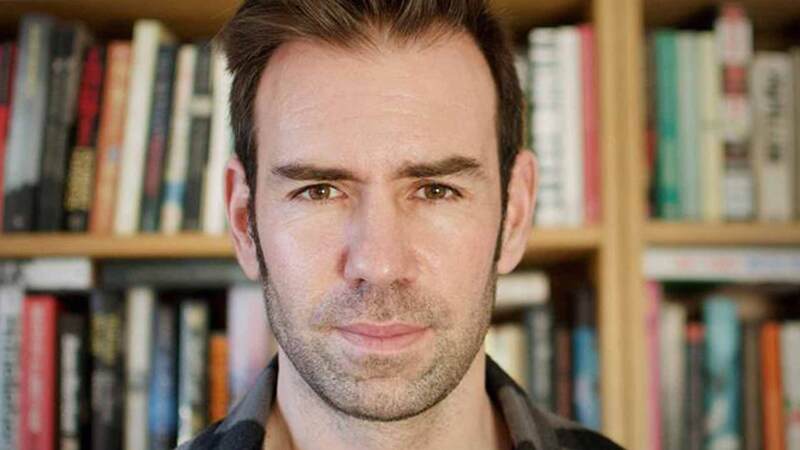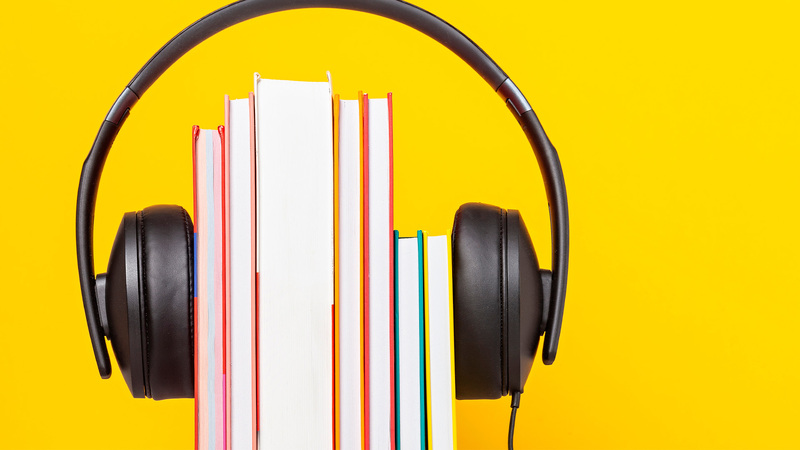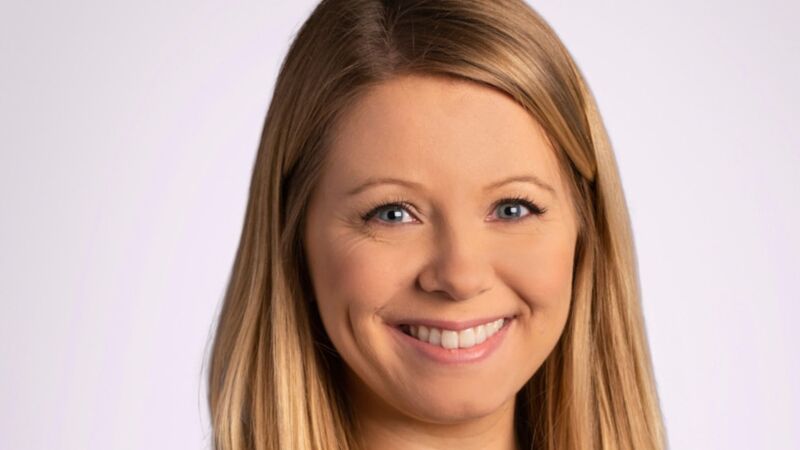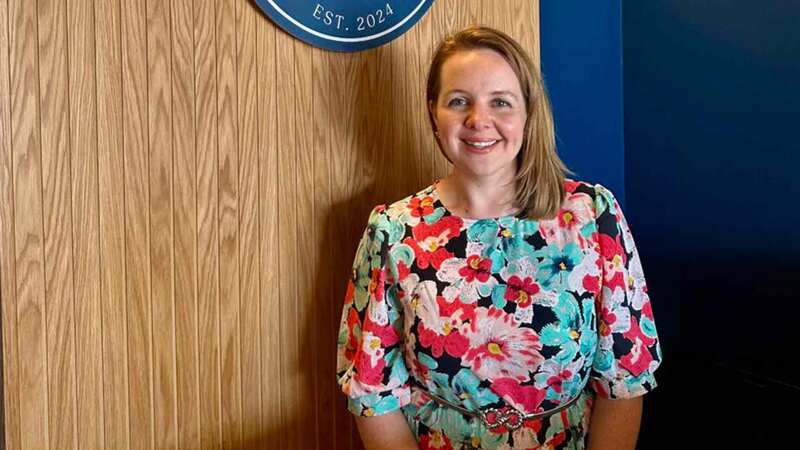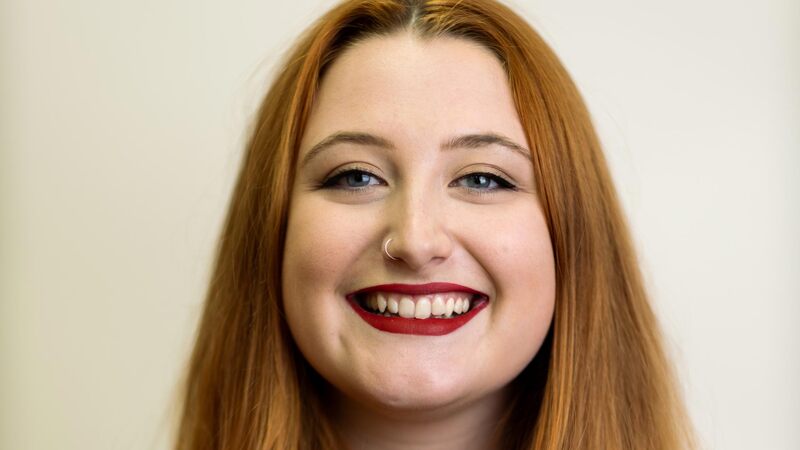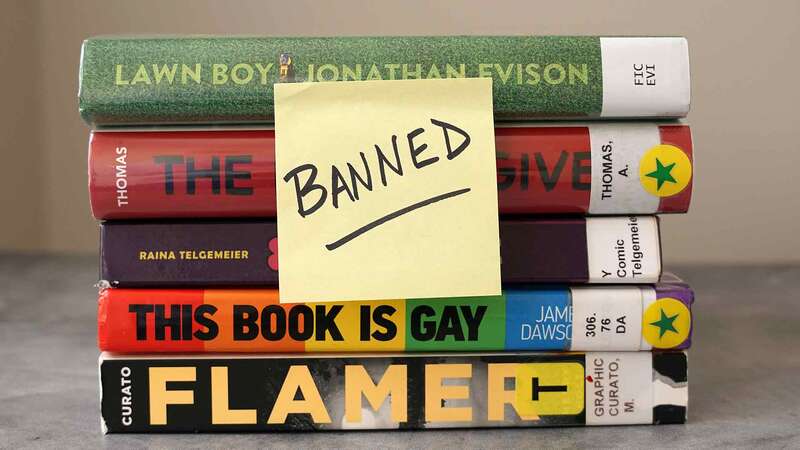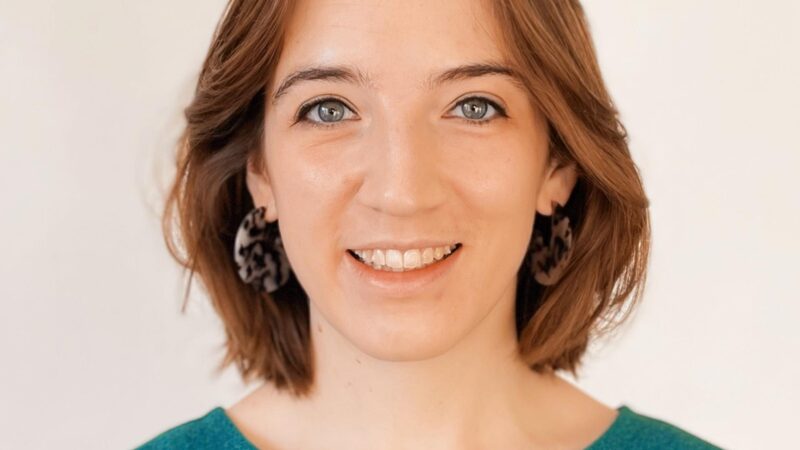You are viewing your 1 free article this month. Login to read more articles.
Di Speirs looking forward to 'more time to read' as she prepares to leave role as BBC head of books after 34 years
The news that BBC’s head of books, Di Speirs, was due to leave the corporation after 34 years, was greeted as the end of an era. Indeed, the announcement of her departure coincided with the end of BBC Radio 4’s Open Book, the Sunday night "magazine programme" looking at new books and lost classics, which ran for 26 years until October. One publicist, writing for these pages, described the end of Open Book as "a tragedy".
Speirs, who leaves the BBC in April, told The Bookseller: "It’s sad when something good comes to an end. I’m very proud of what everyone who worked on Open Book did over 26 years in terms of supporting books that otherwise wouldn’t have got much traction. Times change, and the BBC’s needs and its audiences’ needs become different. The BBC must change the way it does things, or things it does. It hasn’t given up on books, and that’s what the new show will be about."
The Sunday night afternoon vacuum left by Open Book is being filled by Take Four Books, a half-hour show presented by author and broadcaster James Crawford, who interviews authors about their new work and three other books that have influenced them and their writing.
Take Four Books is recorded by the BBC in Scotland. Speirs says she and "the whole of the team" were offered the opportunity to relocate from London to Glasgow, but she decided to take redundancy instead. "The BBC is very generous in its redundancy," she said. "I’m very bad at saying goodbye, so it’s probably a good thing for me that this has happened."
Originally from Edinburgh, Speirs has lived in London since taking her first broadcasting job in the London bureau of Australian Broadcasting. Having studied medieval history at St Andrews, she worked in theatre for around five years in Manchester and then Liverpool. "When I went to Australian Broadcasting, I knew absolutely nothing," she said. "The bureau chief who gave me the job said, ‘You are the rank outsider. I’m taking a complete punt on you.’ I didn’t even know how to use a mic."
Australian Broadcasting gave her the opportunity to "pick up all the stuff that nobody else wanted to cover". She moved to Australia briefly but returned to London to take up her first BBC job, starting out on Woman’s Hour at the age of 26. "I’ve seen enormous change in the media landscape since I’ve been at the BBC. Obviously, it’s massively different now, and on-demand and BBC Sounds have made things accessible in an entirely different way," she said.
"I was on Woman’s Hour when it moved from two o’clock in the afternoon to 10 o’clock in the morning. Women marched on Broadcasting House with ironing boards, because they did their ironing in the afternoon when they listened to Woman’s Hour, and they didn’t want us to change it."
Continues...
After several years of managing serialised dramas on Woman’s Hour, she "managed to fight her way" into producing the first episode of Book of the Week. She went on to direct scores of Book at Bedtimes, short stories and dramas. As executive editor for BBC Audio she led the London Readings team and was the editor for Open Book and Book Club on Radio 4 and World Book Club on the BBC World Service.
One area of the publishing landscape that Speirs is proudest of having influenced is the short story. "Twenty years ago we were worried about the death of the short story, because hardly any were being published," she says. This observation led her and others to found the BBC National Short Story Award (NSSA), and she has been heavily involved since its inception. The £15,000 annual prize, a partnership between the BBC and the University of Cambridge, has been credited with giving a much-needed boost to the careers of plenty of short-form writers, from Ingrid Persuad, to Jacqueline Crooks and Ross Raisin.
Although she is leaving the BBC, Speirs will remain a judge for the NSSA this year. In fact, this year she will chair a lineup of returning judges, who were announced today (December 11th): "I’ve been the returning judge every year since it began and I’m going to chair it next year." The "fantastic panel of previous judges, all of whom have done it before, and been asked to come back a second time", includes William Boyd, Kamila Shamsie, Lucy Caldwell and Raisin. Submissions for the Award open today. Radio 1 presenter Lauren Layfield has also been announced as chair of the BBC Young Writers’ Award for the first time this year.
Earlier this year, Speirs was awarded an MBE for Services to Broadcasting and to Literature. She is "incredibly proud" of both elements, but particularly pleased to have been recognised for her contributions to the development and recognition of new writers in particular. She added: "What I’m proudest of is, I think there are about 25 collections now out there that happened partly because authors won or were shortlisted for the NSSA. I think that has been a change in the publishing landscape. There are more short story collections out now than there were when the prize started."
"I think it does say something about the importance of what my team and I have tried to do over 30 years, bringing books to audiences and getting news writers in front of audiences, as well as the NSSA, has meant that the BBC’s support of creative writing is now cultural. And, I mean, thank goodness, that that will carry on, and it’s part of a broader cultural fabric. It’s an area where we have really made a difference."
When asked if she has the time or inclination to write short stories herself, Speirs laughed: "No, I’ve got two writers in my family, and that’s enough really. My husband writes children’s books and my younger daughter is a short story writer, who is putting a collection together. She has just this week been announced as a finalist in the Mslexia competition."
While there is no doubt Speirs is already buzzing with ideas for the future, she’d like to take some time out before settling on what to do once her time at the BBC is over. "I’ve been flat out for 35 years. Apart from taking five months when I had each of my daughters, I haven’t had any time out at all," she said. "I’m planning on taking a bit of time to, you know, smell the roses and see what I feel like doing. I’ve had lots of offers and I’m mulling over what would be fun to do. I’ve done a lot of managing, especially in the last few years, so I’d like to get back closer to working with texts, with people, and having more time to read."





